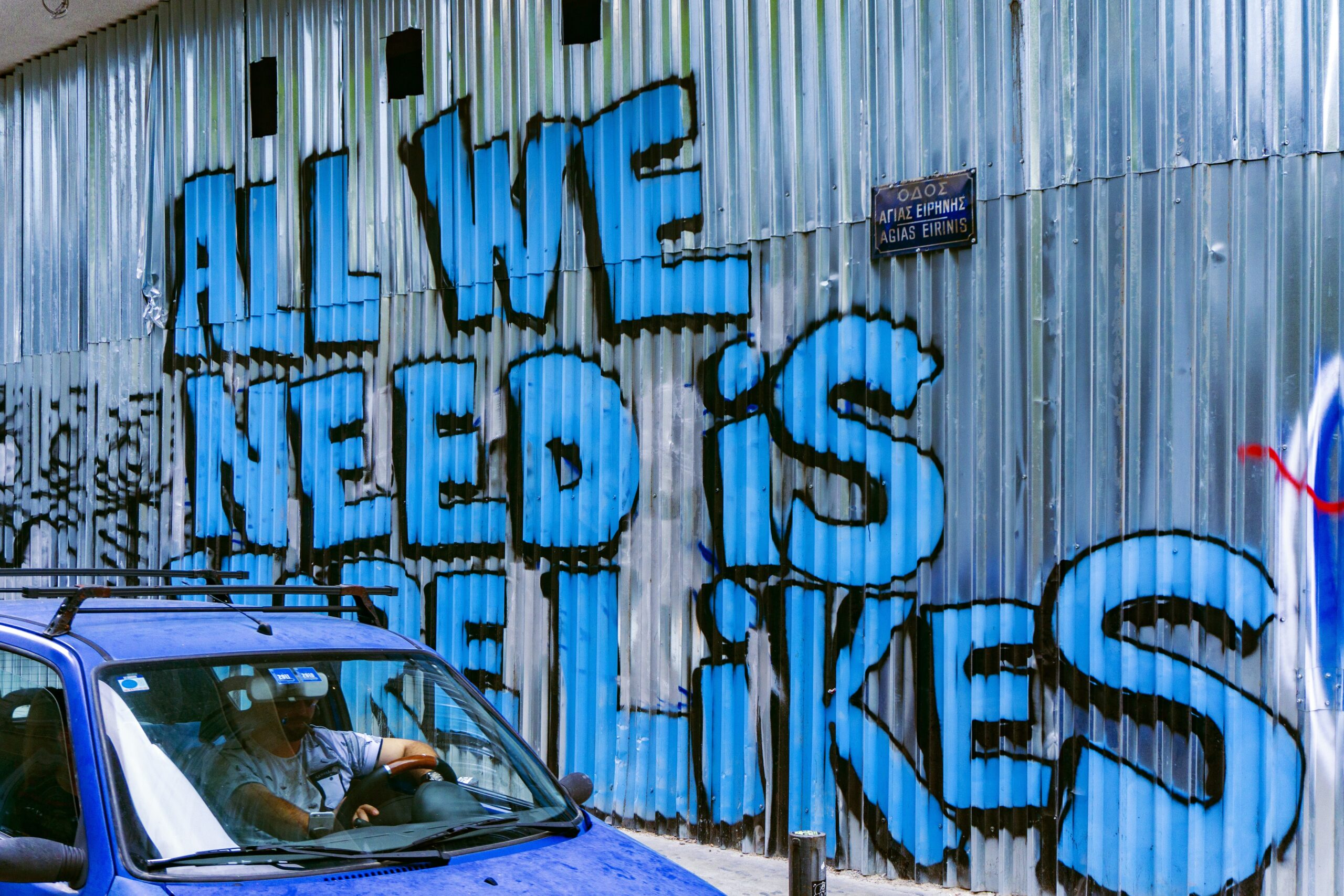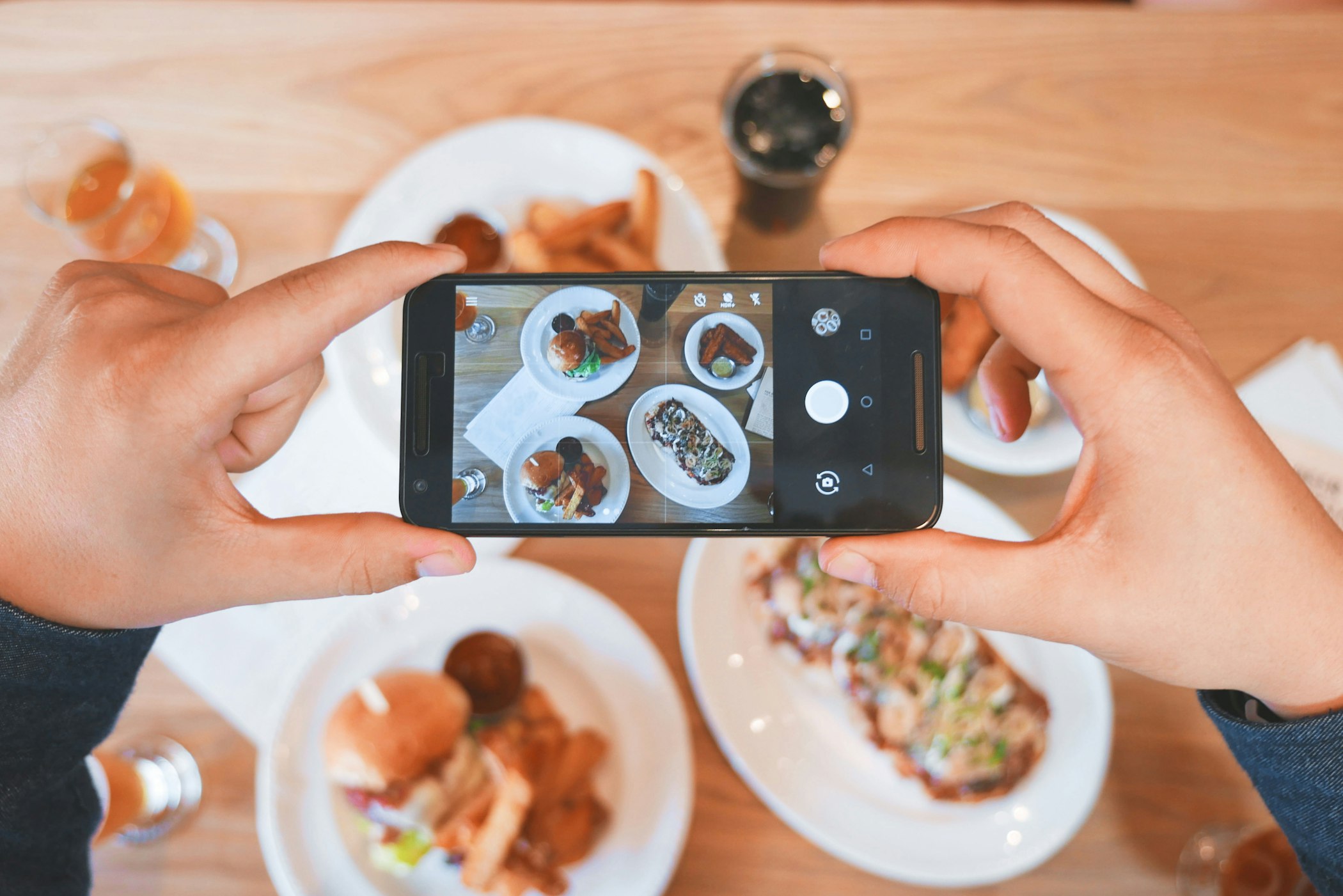Today, over 3.96 billion people worldwide use social media, with the average user having 8.6 accounts on different networking sites, according to Backlinko. So, why wouldn’t you use this potential to develop an effective social media strategy for events?
Sure, we all spend our days scrolling on our devices, especially phones. But, the question is, how many of those posts grab your attention? From the standpoint of an event marketer, you need to find a way to make each post count. And here’s how!
How To Develop An Effective Social Media Strategy For Events?
The first and foremost thing to remember is that a social media strategy for events isn’t an in-the-moment and spontaneous activity. On the contrary, you should think of it as a planned process to take you a long way.
Essentially, the goal of a social media strategy for an event should be to convert prospects into ticket-holding attendees. And what better tactic than reach them where they already are – on social media?
Here are several valuable tips to help you build your social media strategy for events, gain a competitive advantage, and eventually accomplish your event marketing goals.
Tips For A Successful Social Media Strategy For Events
Each of the following tips will get you a step closer to fulfilling your organizational purpose and event marketing ideas.
Optimize Your Event Registration Site
Your conversion-focused event registration website is essential for an effective social media strategy for events. So, if you don’t have one, you might as well get right to work.
Developing your event registration site might be overwhelming, especially if you are part of a small team. Fortunately, there are many tools on the web to assist you in this task. Several quality examples include HubSpot Form Builder, Google Forms, Splash, Eventbrite, Whova, Wild Apricot, and Bizzabo.
Once you set up a great event registration site, the next step is to direct people to register at every opportunity. Your event registration site is the end conversion point. In other words, all of your social media posts should lead to this place. The goal of a post is to grasp the potential customer’s attention, whereas the purpose of the site is to convert them into paying clients.
In other words, all your Facebook, LinkedIn, Twitter, Instagram, and YouTube users should get an opportunity, a button, or a link to transfer to your registration site.
Furthermore, modern event registration technology allows tracking. In turn, you will be able to identify which social media platform drives the most traffic to your registration site. Then, you can adjust your social media strategy for events, further emphasizing this particular platform.
With a better allocation of your resources, you will eventually increase your ROI.
Create A Social Media Posting Flow
Have you ever heard of internal links? Linking your posts within your social media strategy for events to one another can help you increase your traffic. Sure, one-off posts can also contribute to the cause, but imagine the following system.
One of your potential customers stumbles upon an Instagram post, which leads him to a Twitter quote, leading to a Facebook status and eventually a YouTube video. Without even realizing it, the person will spend hours reading and watching your content. And without any doubt, this increases the chances of the person becoming a paying customer.
Better yet, establishing this content ecosystem also helps your organization indirectly. To be more specific, it positively affects your backlink profile, which is excellent for SEO.
Pursue A Democratic Planning Process
As mentioned, planning is essential for a successful social media strategy for events. Well, apart from execution and control, it’s all there is. As an event marketer or a team, you must find a way to optimize the planning process. One great way to do so is to include third parties, such as customers, guest speakers, sponsors, or partners.
For instance, you can set up a poll on your event registration site. Not only will this make attendees feel like you hear what they have to say, but it will also facilitate your work.
After all, a successful marketing campaign always starts and ends with the customers. When you ask your potential and existing customers about their needs and wants, it’s like half of your job is already done.
Within your event marketing research, you can ask questions such as:
- Where would you like the event to take place?
- Which topics would you like covered (offer several alternatives)?
- Do you prefer more guest speakers or interactive activities?
- Would you like individual or group activities?
- Have you visited one of our previous events, and so on
In the simplest words, you need to find a way to link your social media strategy for events with the goals you want to achieve and the target audience. You can ask the most diversified questions to understand your clientele better, thus serve their needs.
The Power Of An Image-Worthy Setting
Last but not least, you should create an image-worthy setting. After all, the power of social media lies in quality content, photos, or videos.
You need to set the event to motivate the attendees to take a picture of it. Whether it’s a cute corner, a delicious dessert table, or colorful lightning and mirrors, you should be aware that one good image can go a long way.
Say a few of your event attendees take photos and share them on social media. At least one of their friends or followers, if not more, will ask questions regarding your event. And who knows, maybe they will choose to attend next time, with no additional marketing efforts or spending from your side.
Final Thought on Social Media Strategy For Events
Sure, you can encounter some ups and downs. However, you will be able to overcome obstacles much quicker with a proper social media strategy for events. Having the right plan, incorporating both optimistic and pessimistic scenarios, will always set you on the right path.
Essentially, it doesn’t matter how slow you go, as long as you move in the right direction of achieving your event marketing goals.







